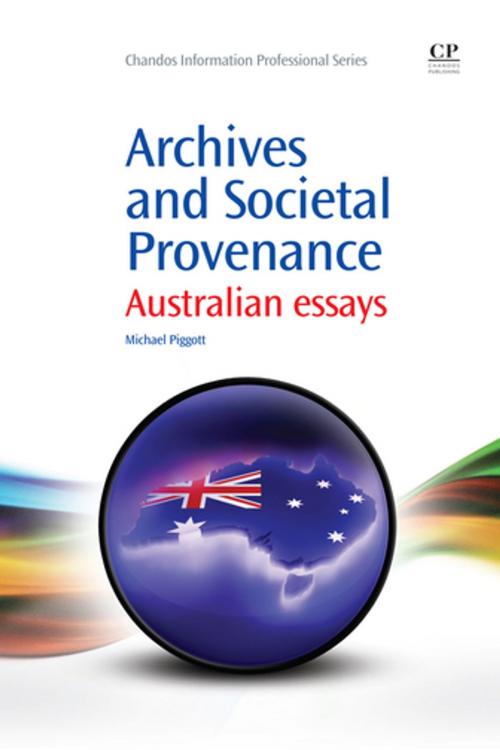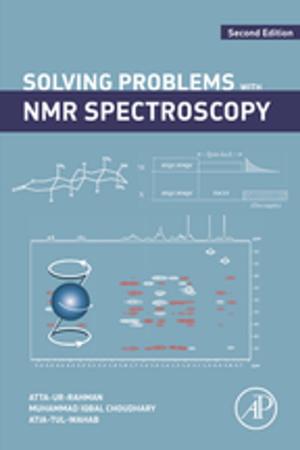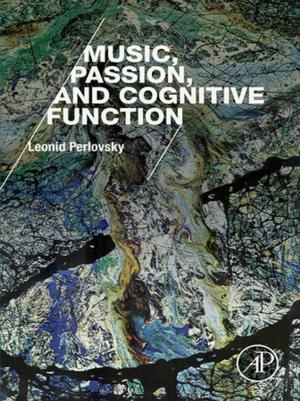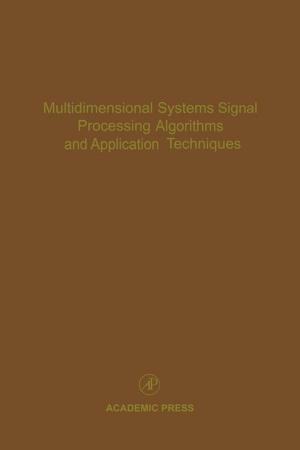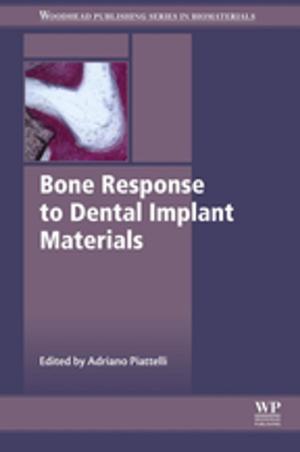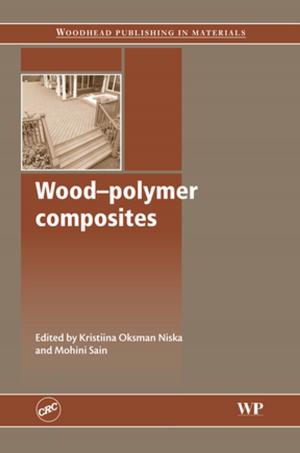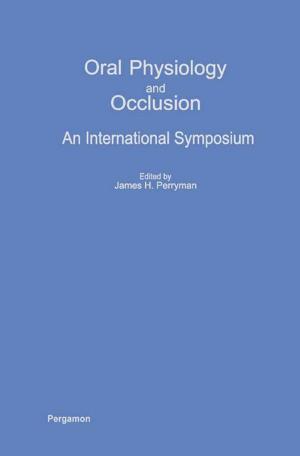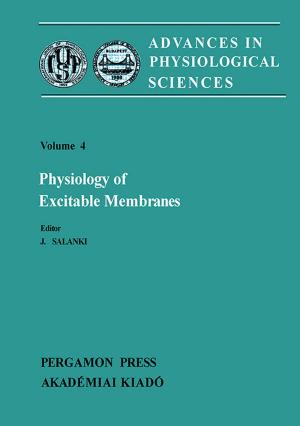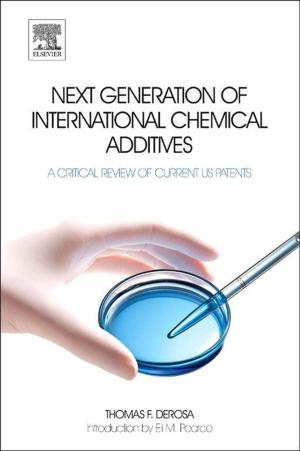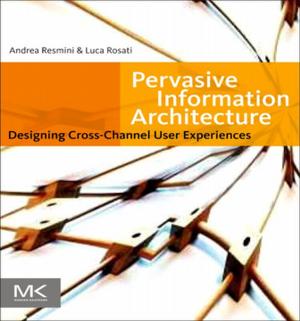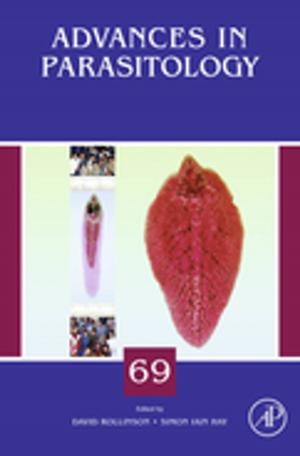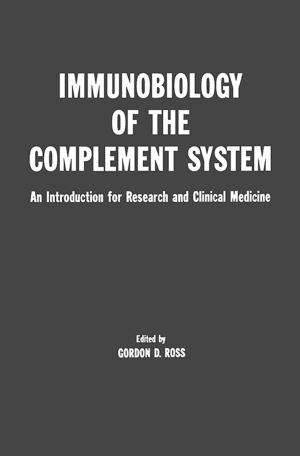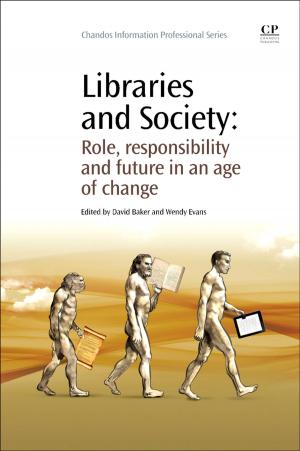Archives and Societal Provenance
Australian Essays
Nonfiction, Reference & Language, Language Arts, Library & Information Services, Business & Finance, Industries & Professions, Information Management, Reference| Author: | Michael Piggott | ISBN: | 9781780633787 |
| Publisher: | Elsevier Science | Publication: | October 22, 2012 |
| Imprint: | Chandos Publishing | Language: | English |
| Author: | Michael Piggott |
| ISBN: | 9781780633787 |
| Publisher: | Elsevier Science |
| Publication: | October 22, 2012 |
| Imprint: | Chandos Publishing |
| Language: | English |
Records and archival arrangements in Australia are globally relevant because Australia’s indigenous people represent the oldest living culture in the world, and because modern Australia is an ex-colonial society now heavily multicultural in outlook. Archives and Societal Provenance explores this distinctiveness using the theoretical concept of societal provenance as propounded by Canadian archival scholars led by Dr Tom Nesmith. The book’s seventeen essays blend new writing and re-workings of earlier work, comprising the fi rst text to apply a societal provenance perspective to a national setting.
After a prologue by Professor Michael Moss entitled A prologue to the afterlife, this title consists of four sections. The first considers historical themes in Australian recordkeeping. The second covers some of the institutions which make the Australian archival story distinctive, such as the Australian War Memorial and prime ministerial libraries. The third discusses the formation of archives. The fourth and final part explores debates surrounding archives in Australia. The book concludes by considering the notion of an archival afterlife.
- Presents material from a life’s career working and thinking about archives and records and their multiple relationships with history, biography, culture and society
- The first book to focus specifically on the Australian archival scene
- Covers a wide variety of themes, including: the theoretical concept of the records continuum; census records destruction; Prime Ministerial Libraries; and the documentation of war
Records and archival arrangements in Australia are globally relevant because Australia’s indigenous people represent the oldest living culture in the world, and because modern Australia is an ex-colonial society now heavily multicultural in outlook. Archives and Societal Provenance explores this distinctiveness using the theoretical concept of societal provenance as propounded by Canadian archival scholars led by Dr Tom Nesmith. The book’s seventeen essays blend new writing and re-workings of earlier work, comprising the fi rst text to apply a societal provenance perspective to a national setting.
After a prologue by Professor Michael Moss entitled A prologue to the afterlife, this title consists of four sections. The first considers historical themes in Australian recordkeeping. The second covers some of the institutions which make the Australian archival story distinctive, such as the Australian War Memorial and prime ministerial libraries. The third discusses the formation of archives. The fourth and final part explores debates surrounding archives in Australia. The book concludes by considering the notion of an archival afterlife.
- Presents material from a life’s career working and thinking about archives and records and their multiple relationships with history, biography, culture and society
- The first book to focus specifically on the Australian archival scene
- Covers a wide variety of themes, including: the theoretical concept of the records continuum; census records destruction; Prime Ministerial Libraries; and the documentation of war
